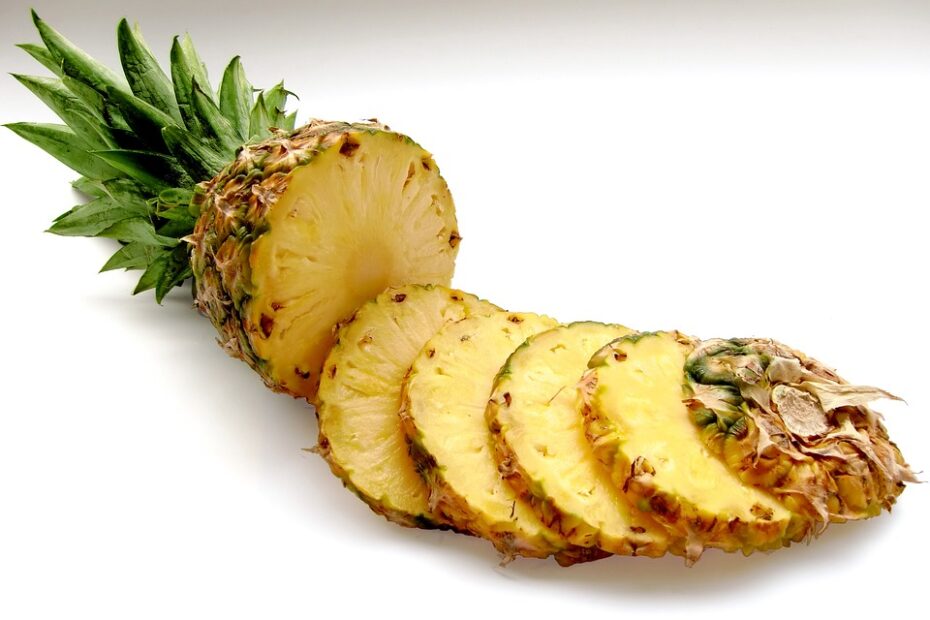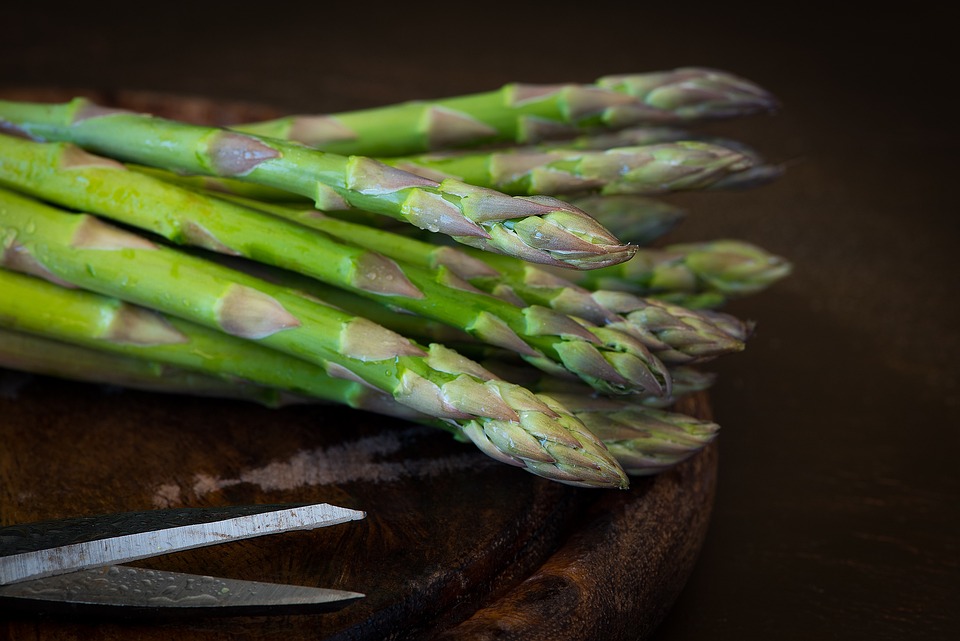Foods To Eat After Bariatric sleeve Surgery
After undergoing bariatric sleeve surgery, it is crucial to follow a specific diet plan to ensure proper healing and successful weight loss. the surgery reduces the size of the stomach, making it essential to choose nutrient-dense foods that provide the necessary vitamins and minerals without causing discomfort. Here, we will discuss the best foods to eat after bariatric sleeve surgery to support your health and weight loss goals.
Protein-Rich Foods
Protein is essential for muscle growth, tissue repair, and overall health. After bariatric sleeve surgery, it is crucial to prioritize protein-rich foods to support healing and promote weight loss. Some excellent sources of protein include lean meats, poultry, fish, eggs, tofu, and legumes. Protein shakes and powders can also be helpful for meeting your daily protein needs. Be sure to choose high-quality protein sources and avoid processed meats and sugary protein bars.
Vegetables and Fruits
Vegetables and fruits are rich in vitamins, minerals, and antioxidants that are crucial for overall health. After bariatric sleeve surgery, it is essential to include a variety of colorful fruits and vegetables in your diet to ensure you are getting all the nutrients your body needs. Aim to fill half of your plate with non-starchy vegetables, such as leafy greens, broccoli, cauliflower, peppers, and tomatoes. Fruits can be enjoyed in moderation, focusing on lower-sugar options like berries, apples, and citrus fruits.
Whole Grains and Fiber
Whole grains are an excellent source of fiber, which is essential for digestive health and weight management. After bariatric sleeve surgery, it is essential to choose whole grains over refined grains to support satiety and regulate blood sugar levels. Some healthy whole grain options include quinoa, brown rice, oats, barley, and whole wheat bread. Be sure to monitor your portion sizes, as even healthy grains can contribute to weight gain if consumed in excess.
Healthy Fats
Healthy fats are essential for brain function, hormone production, and nutrient absorption. After bariatric sleeve surgery, it is crucial to include sources of healthy fats in your diet to support overall health and weight loss. Some excellent sources of healthy fats include avocados, nuts, seeds, olive oil, and fatty fish like salmon and mackerel. Be mindful of portion sizes, as fats are calorie-dense and can contribute to weight gain if consumed in excess.
Hydration and Supplements
After bariatric sleeve surgery, it is essential to stay hydrated to support healing and prevent dehydration. Aim to drink at least 64 ounces of water per day, sipping slowly throughout the day to avoid discomfort. In addition to staying hydrated, it is crucial to take recommended supplements to prevent nutrient deficiencies. Your healthcare provider will likely recommend a multivitamin, calcium, vitamin D, and B12 to support your overall health post-surgery.
In conclusion, choosing the right foods after bariatric sleeve surgery is essential for supporting healing, promoting weight loss, and ensuring optimal health. By focusing on protein-rich foods, vegetables and fruits, whole grains and fiber, healthy fats, hydration, and supplements, you can set yourself up for success on your weight loss journey. Remember to consult with your healthcare provider or a registered dietitian to create a personalized nutrition plan that meets your individual needs and goals. Stay committed to making healthy choices, and you will reap the benefits of improved health and well-being post-surgery.
Frequently Asked Queries About Foods To Eat After Bariatric Sleeve Surgery
Can I eat regular foods after bariatric sleeve surgery?
After bariatric sleeve surgery, it is essential to follow a strict dietary plan to ensure proper healing and weight loss. While you may eventually be able to incorporate some regular foods back into your diet, it is important to focus on nutrient-dense, low-calorie options to support your overall health and weight loss goals.
1. Follow a strict dietary plan to ensure proper healing and weight loss.
2. Focus on nutrient-dense, low-calorie options to support your overall health.
3. Incorporate regular foods back into your diet gradually.
What are some recommended foods to eat after bariatric sleeve surgery?
Following bariatric sleeve surgery, it is important to focus on foods that are high in protein, low in calories, and easy to digest. Some recommended foods include lean proteins such as chicken, fish, and tofu, as well as fruits, vegetables, and whole grains.
1. High in protein, low in calories, and easy to digest.
2. Lean proteins such as chicken, fish, and tofu.
3. Fruits, vegetables, and whole grains.
How should I adjust my portion sizes after bariatric sleeve surgery?
After bariatric sleeve surgery, it is crucial to adjust your portion sizes to accommodate your smaller stomach size. Eating smaller, more frequent meals throughout the day can help prevent overeating and promote weight loss.
1. Adjust portion sizes to accommodate your smaller stomach size.
2. Eat smaller, more frequent meals throughout the day.
3. Prevent overeating and promote weight loss.
What are some foods to avoid after bariatric sleeve surgery?
After bariatric sleeve surgery, it is important to avoid foods that are high in sugar, fat, and calories, as they can hinder your weight loss progress and may cause discomfort. Some foods to avoid include sugary beverages, fried foods, and high-fat dairy products.
1. Avoid foods high in sugar, fat, and calories.
2. Foods to avoid include sugary beverages, fried foods, and high-fat dairy products.
3. These foods can hinder weight loss progress and cause discomfort.
How can I ensure I am getting enough nutrients after bariatric sleeve surgery?
Following bariatric sleeve surgery, it is essential to focus on nutrient-dense foods to ensure you are getting all the necessary vitamins and minerals for optimal health. Consider working with a registered dietitian to develop a customized meal plan that meets your individual needs and helps you achieve your weight loss goals.
1. Focus on nutrient-dense foods for optimal health.
2. Work with a registered dietitian to develop a customized meal plan.
3. Ensure you are getting all necessary vitamins and minerals.
Popular Myths About Foods To Eat After Bariatric Sleeve Surgery
Misconception 1: Only Protein Shakes are Allowed
One common misconception about foods to eat after bariatric sleeve surgery is that only protein shakes are allowed. While protein shakes are often recommended due to their high protein content, they are not the only option for post-surgery diet. It is important to incorporate a variety of foods into your diet to ensure you are getting all the essential nutrients your body needs to heal and recover.
Misconception 2: Carbohydrates are Off-Limits
Another misconception is that carbohydrates are completely off-limits after bariatric sleeve surgery. While it is true that high-carb foods should be limited, it is still important to include some carbohydrates in your diet for energy and overall health. Opt for complex carbohydrates like whole grains, fruits, and vegetables, and avoid simple carbs like sugary snacks and processed foods.
Misconception 3: Fatty Foods Should be Avoided
Many people believe that fatty foods should be completely avoided after bariatric sleeve surgery, but this is not entirely true. While it is important to limit your intake of unhealthy fats like trans fats and saturated fats, incorporating healthy fats into your diet is essential for overall health. Foods like avocados, nuts, seeds, and olive oil are good sources of healthy fats and should be included in your post-surgery diet.
Misconception 4: You Can Eat as Much as You Want of Low-Calorie Foods
Some individuals think that because certain foods are low in calories, they can eat as much of them as they want after bariatric sleeve surgery. However, portion control is still important, regardless of the calorie content of the food. Eating too much, even of low-calorie foods, can stretch your stomach pouch and hinder weight loss progress. It is important to listen to your body’s hunger cues, eat slowly, and stop when you feel satisfied.
Misconception 5: Supplements are Not Necessary
There is a misconception that after bariatric sleeve surgery, you do not need to take any supplements. However, due to the reduced stomach size and changes in nutrient absorption, it is important to take certain supplements to prevent deficiencies. Common supplements recommended after bariatric surgery include iron, calcium, vitamin D, vitamin B12, and protein supplements. It is important to follow your healthcare provider’s recommendations and have regular blood tests to monitor your nutrient levels.
In conclusion, there are several misconceptions about foods to eat after bariatric sleeve surgery that can lead to confusion and potential health risks. It is important to work closely with your healthcare provider or a registered dietitian to develop a well-balanced post-surgery diet plan that meets your individual nutritional needs. Remember to focus on protein-rich foods, incorporate a variety of nutrients, and practice portion control to support your weight loss and overall health goals.
Foods To Eat After Bariatric Sleeve Surgery
#bariatric #sleeve #surgery #important #follow #specific #diet #support #healing #weight #loss #foods #typically #recommended #eat #bariatric #sleeve #surgerybr

